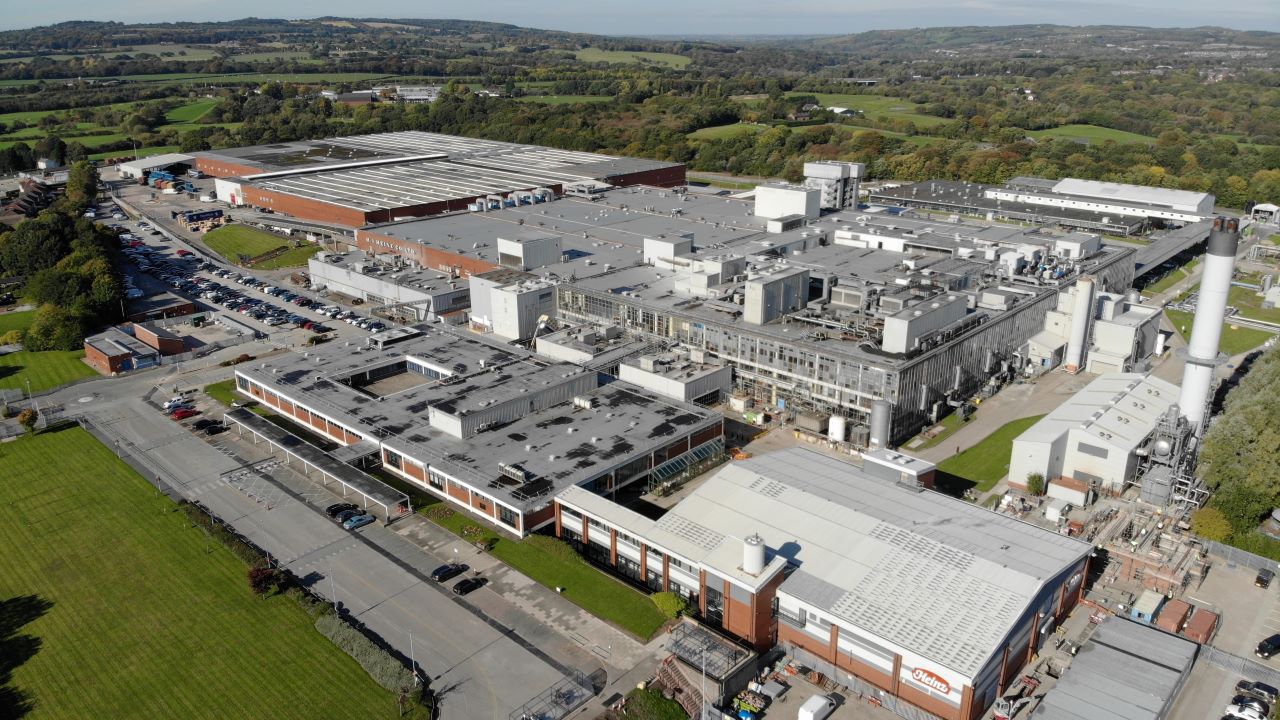How is the University of Sheffield Supporting Aviation Decarbonisation?

Following the successful commissioning of a new polymer electrolyte membrane (PEM) electrolyser, the University of Sheffield has successfully boosted its efforts to decarbonise the aviation industry by increasing its green hydrogen production capacity.
Designed and built by IMI Remosa, a subsidiary of IMI Critical Engineering, the new IMI VIVO electrolyser will be used to research new low and zero-carbon fuels for use in commercial jet travel.
It was supplied to the Sustainable Aviation Fuels Innovation Centre (SAF-IC) at the University’s Energy Innovation Centre in June 2023 and commissioned throughout the autumn and winter.
The research is essential to transitioning the aviation sector to being more sustainable
Jackie Hu, CEO of Automation at IMI, explained that the commissioning of the PEM electrolyser will provide needed support for the aviation sector: “Aviation is among one of the most challenging sectors to decarbonise, however the work undertaken by the University of Sheffield and its Sustainable Aviation Fuels Innovation Centre is critical to moving the sector away from wholly relying on fossil fuels.”
Continuing, Jackie Hu added: “The Centre is already among the leading producers of green hydrogen in the UK and we are incredibly proud the team have chosen to partner with IMI Remosa to continue their incredibly valuable research into resolving ones of transport’s largest sustainability challenges.”
The IMI VIVO PEM electrolyser is now fully operational, and the SAF-IC has become the first centre in the UK with the capacity to produce, test, and validate new fuels from a single location.
As SAF-IC works closely with the Translation Energy Research Centre (TERC), which has its own hydrogen-generating capabilities, the University of Sheffield is now the biggest producer of green hydrogen of any UK university.
It can produce nearly 140Nm3 of green hydrogen per hour, and store up to 1450Nm3. This is the equivalent to the electricity required to power 200 homes.
Collaboration with industry and academics is needed to create a hydrogen economy
Professor Mohamed Pourkashanian, Head of the University of Sheffield’s Energy Institute, expressed that the research will be key in amplifying decarbonisation efforts: “We are thrilled to have the capacity to produce the highest volume of green hydrogen of any UK university so that our research and development into SAF, industrial fuel switching, and decarbonisation can continue.”
As one of IMI Remosa’s first major customers, we have found the team to be excellent partners and delivery has been very efficient.
He added: “In order to effectively phase out fossil fuels where we can, more research into the possibilities and capabilities of green hydrogen must be conducted.
“The PEM electrolyser will allow us at the SAF-IC to work more closely with industry and fellow academics to discover and demonstrate how best to create both a hydrogen economy and a greener future.”
The company’s new PEM electrolyser uses a turnkey configuration, including a low-pressure storage system that was adapted for the university’s research. The green hydrogen it produces can replace natural gas, which will further aid the university’s work into industrial decarbonisation and encourage further fuel switching in other sectors.

